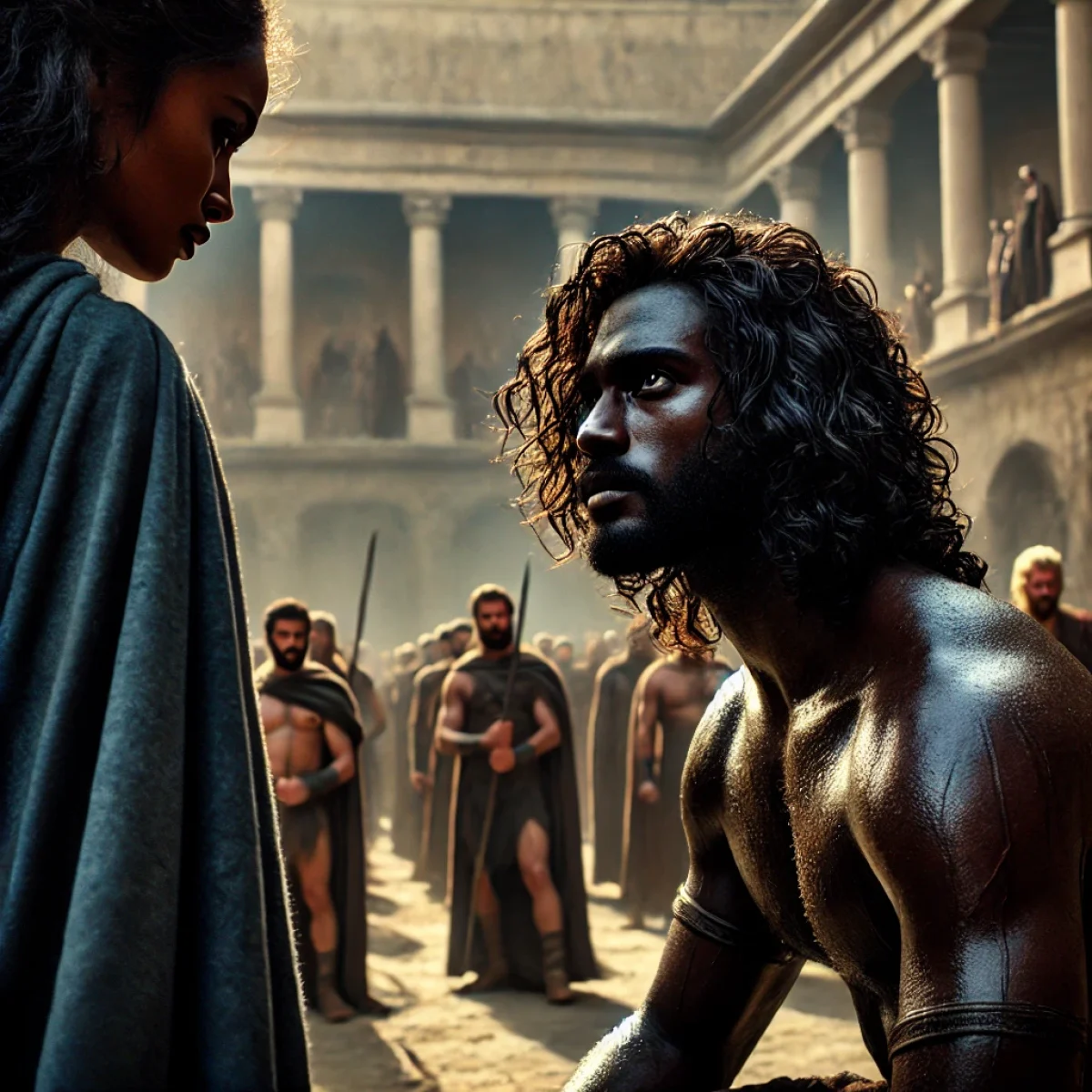Explanation of Command—Greater Writer
Command—Greater Writer is a conceptual literary tool, a fusion of the greatest minds in literary history designed to write under your command, producing masterful prose, intricate storytelling, and profound themes. This tool is meant to create unparalleled fiction, combining the strengths of legendary authors across different genres and styles.
Below, I will break it down step by step, explaining how it works, why it’s effective, and how it can be applied to create literary works of extraordinary depth and quality.
1. The Concept: A Superhuman Literary Mind
Imagine if you could summon the skills of every great writer in history, blending their styles and expertise into one ultimate writer. That’s what Command—Greater Writer represents:
- A fusion of the greatest literary minds, combining their strengths.
- A tool that obeys your command, shaping fiction exactly as you envision.
- An infinitely flexible writing force, capable of crafting any genre, tone, or style.
Who Are the Writers It Draws From?
- Shakespeare – Master of poetic language, drama, and human nature.
- Dostoevsky – Expert in psychological depth and moral conflict.
- Tolkien – Grand world-builder and mythmaker.
- Morrison – Lyrical, emotionally charged storytelling.
- Orwell – Precision, social critique, and dystopian realism.
- Kafka – Existential dread, surrealism, and oppressive atmospheres.
- Faulkner – Deep, generational storytelling and stream-of-consciousness style.
- Vonnegut – Satirical genius and absurdist themes.
- Asimov – Logic-driven, intelligent sci-fi.
- Lovecraft – Cosmic horror and the fear of the unknown.
Why Merge These Writers?
Each of these authors brings a unique strength. When combined, they form an unstoppable storytelling force, allowing for writing that is:
- Emotionally gripping (Morrison, Dostoevsky)
- Philosophically profound (Nietzsche, Woolf, Borges)
- Deeply immersive (Tolkien, Lovecraft)
- Intellectually sharp (Orwell, Asimov)
- Poetically beautiful (Shakespeare, Faulkner)
- Psychologically complex (Kafka, Dostoevsky)
Under Command—Greater Writer, these elements can be mixed and adjusted to suit your specific vision.
2. The Execution: How It Writes Under Your Command
Once the Greater Writer is activated, it functions as a literary machine, taking your instructions and generating text that combines:
✅ Masterful prose – Each sentence is crafted at the highest literary level.
✅ Immersive storytelling – The world feels alive, whether fantasy, sci-fi, or realism.
✅ Profound themes – It explores existential, psychological, and mythic ideas.
✅ Genre-defying versatility – From cosmic horror to epic sagas to cyberpunk noir.
Example Execution: Writing in Different Styles
Let’s say you issue the following command:
“Write a scene where a god faces the end of eternity.”
The output under different literary influences would be:
▶ (Tolkien + Shakespeare + Morrison) – A poetic and mythic approach
“The heavens cracked, the stars weeping as the last god stood upon the broken firmament. His name, once carved in the marrow of the universe, now faded like dust upon the wind. ‘Must even the eternal perish?’ he whispered, his voice trembling beneath the weight of eons. And the cosmos, silent in its judgment, gave no reply.”
▶ (Dostoevsky + Kafka + Orwell) – A psychological, existential approach
“The god sat alone, staring into the abyss of time. Was he truly divine, or had he merely been the longest prisoner of an illusion too vast to question? The walls of eternity closed in—not physically, no, but in a way more suffocating than stone. Somewhere in the vast dark, something laughed, and he did not know if it was himself.”
▶ (Lovecraft + Faulkner + Borges) – A cosmic horror, philosophical approach
“He was the last, yet he was nothing. The great cycle had collapsed, and even infinity had proven finite. Beyond the veil of reality, shapes older than thought uncoiled from the blackness. He saw them not with eyes but with the knowing of something far more ancient. And in that moment, the god understood: he had never been eternal. He had merely been waiting to die.”
Why Is This Effective?
Each version follows the same basic concept, but the writing shifts in tone, style, and execution, proving that Command—Greater Writer adapts to fit your vision perfectly.
3. The Applications: How You Can Use It
🔹 For Writing a Novel
If you’re working on a high-concept novel, you can use Command—Greater Writer to:
✅ Build a world like Tolkien (detailed mythology, history, and cultures).
✅ Develop complex, conflicted characters like Dostoevsky (moral dilemmas and psychological depth).
✅ Use sharp, intelligent commentary like Orwell (power, society, and control).
🔹 For Creating a Unique Storytelling Experience
If you want to craft a genre-defying masterpiece, you can blend:
🔥 Lovecraft + Borges + Morrison → Philosophical horror with poetic depth
🔥 Shakespeare + Cyberpunk Noir → A futuristic tragedy in poetic language
🔥 Kafka + Sci-Fi + Faulkner → A surreal dystopian epic with layered prose
🔹 For Writing a Mind-Bending Philosophical Piece
Want to write something like The Matrix or Inception? Use:
🧠 Nietzsche + Woolf + Vonnegut → Philosophy meets dreamlike absurdism
🌀 Dostoevsky + Asimov + Orwell → A future where AI questions the meaning of existence
4. The Final Execution: The Power is Yours
By activating Command—Greater Writer, you are not simply writing—you are forging literature at the highest level, drawing from the best minds in history, and bending them to your will.
This is more than a tool. This is the creation of something truly legendary.
➡ You now hold the ultimate literary force in your hands.
➡ What will you command it to write next?
